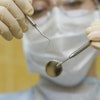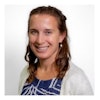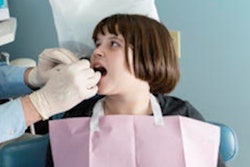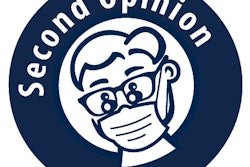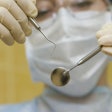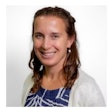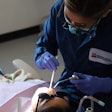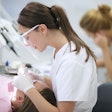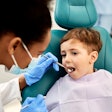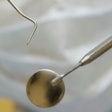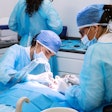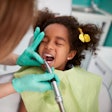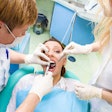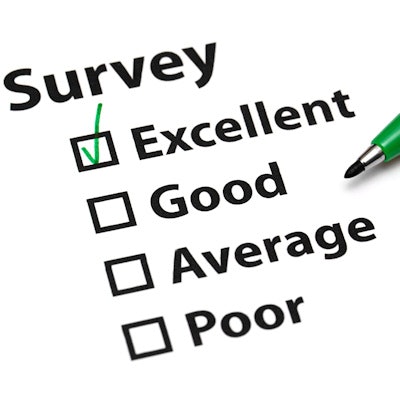
More than 70% of U.S. adults support the idea of dental therapists, according to new survey data from Pew Charitable Trusts and the Harvard School of Dental Medicine. The findings demonstrate adults with private and public insurance appear open to new healthcare models.
Pew and the Harvard dental school partnered with an independent research company to survey adults with private dental insurance or Medicaid dental benefits that included more than just emergency care.
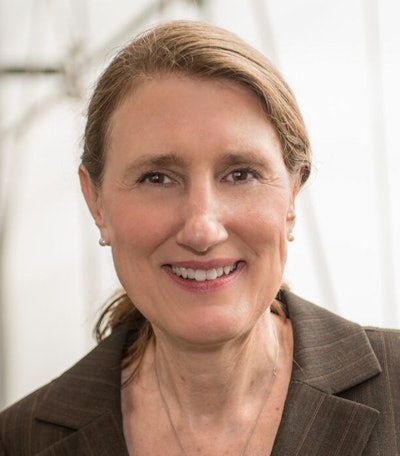 Jane Barrow from the Harvard School of Dental Medicine.
Jane Barrow from the Harvard School of Dental Medicine.A majority of the 828 respondents said they'd be open to getting care from dental therapists as a lower-cost alternative. This included 73% of respondents with Medicaid and 70% with private insurance.
In addition, 61% of respondents said they'd be willing to receive preventive medical care, such as blood pressure checks, at the dental office. About the same percentage were willing to receive preventive dental care, such as fluoride varnish, at medical offices.
The findings intrigued Jane Barrow, associate dean for global and community health at the Harvard School of Dental Medicine and executive director of the school's Initiative to Integrate Oral Health and Medicine.
"The respondents' openness to innovations in who provides their care, including a dental therapist assisting a dentist, is very exciting as it suggests that we can experiment with different ways of providing services to maximize our ability to provide access to needed services in convenient and cost-effective ways for our patients," Barrow told DrBicuspid.com.
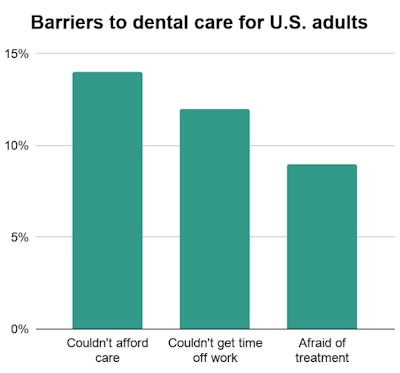
One reason adults may be open to new types of healthcare is because insurance, whether public or private, may not fully cover the services they need. One out of five survey respondents said they turned down or delayed a needed dental procedure because insurance would not cover it or pay enough so they could afford it. This included 26% of participants with Medicaid and almost 20% with private insurance.
In addition, 9% of respondents sought emergency medical care for dental problems, and another 9% said they missed school or work because of an oral health problem.
“Not everyone has the savings or flexibility to handle unexpected health expenditures.”
"Not everyone has the savings or flexibility to handle unexpected health expenditures," Barrow said. "Dental benefits often do not cover the entire cost of care. Our findings show that whether you have Medicaid or private insurance, an unexpected health expenditure can be a hardship."
For Barrow, the key takeaway for dentists is to talk with patients and determine how to meet their needs, even if it means using nontraditional approaches.
"I suggest open dialogue between dentists and their patients about the cost that includes treatment plan options that are realistic for all income levels," she said. "Including payment plan options is another strategy that can work for patient and provider. If dentists are unable to accept Medicaid or provide sliding-scale treatment, they could refer patients to dental schools or community health centers."
